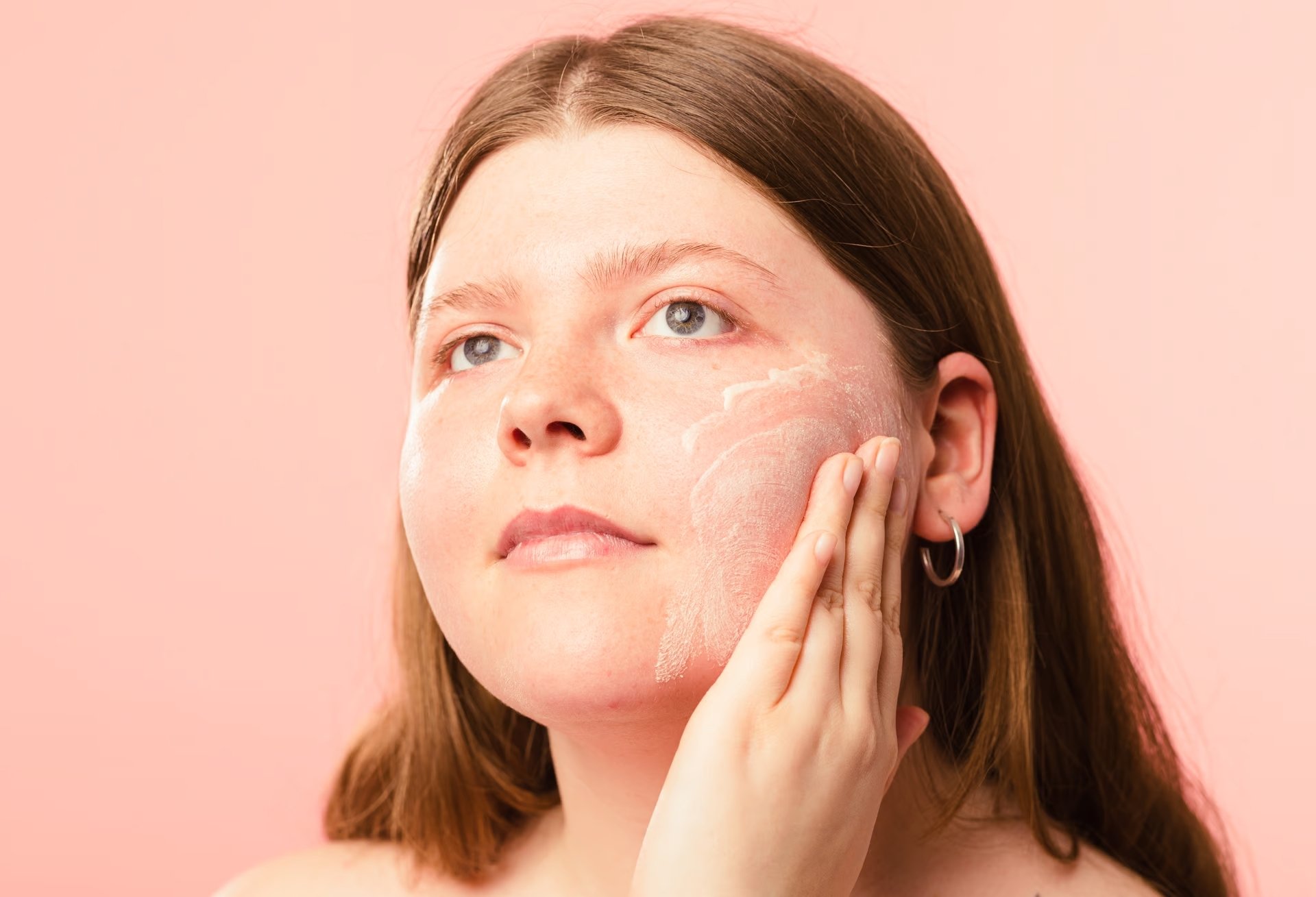Sensitive skin is not just a buzzword – it’s an everyday reality for many people. The wrong cream, fragrance, or even a shift in weather can lead to redness, itching, or discomfort. Because of this, choosing skincare products is less about following trends and more about protecting the skin barrier and creating routines that actually work.
Key Points
- Gentle products keep the skin barrier strong.
- Hydration and barrier repair ingredients are essential.
- Avoid irritants like harsh exfoliants or added fragrances.
- Patch testing helps prevent painful reactions.
- Consistency matters more than constant experimenting.
What Makes Skin Sensitive?
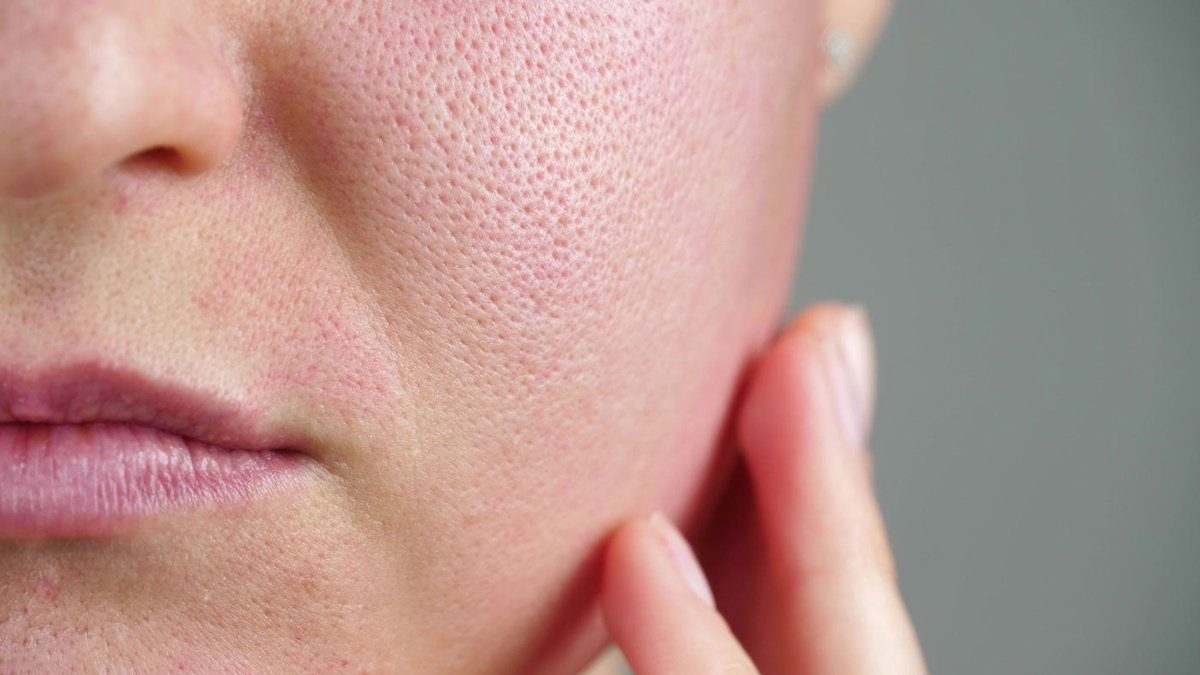
Sensitive skin isn’t an official medical diagnosis, but it’s a term people use when their skin reacts quickly to changes in products, weather, or stress. Some experience stinging, redness, or dryness after using even common skincare. The underlying issue is often a weakened skin barrier—the protective layer that keeps irritants out and moisture in.
When this barrier is compromised, the skin becomes like a door without a lock: it lets everything in, including things that shouldn’t be there. That’s why safe skincare for sensitive skin always begins with barrier repair and protection.
Building a Gentle Daily Routine
A good routine doesn’t need to be complicated. In fact, for sensitive skin, fewer steps usually mean fewer chances for irritation. Think of it as creating a foundation that you can later adjust if needed.
Start with three essentials:
- Cleanser: Choose one without sulfates, designed to remove dirt without stripping natural oils. Cream or milk cleansers are often the safest bet.
- Moisturizer: Look for ceramides, hyaluronic acid, or squalane. These ingredients act like building blocks for your skin barrier.
- Sunscreen: Mineral-based (zinc oxide or titanium dioxide) sunscreens tend to be less irritating than chemical filters.
With this trio, you’re already covering the basics: cleansing, repairing, and protecting. Only when your skin feels stable should you start experimenting with serums or treatments.
When Skin Needs More Than the Basics
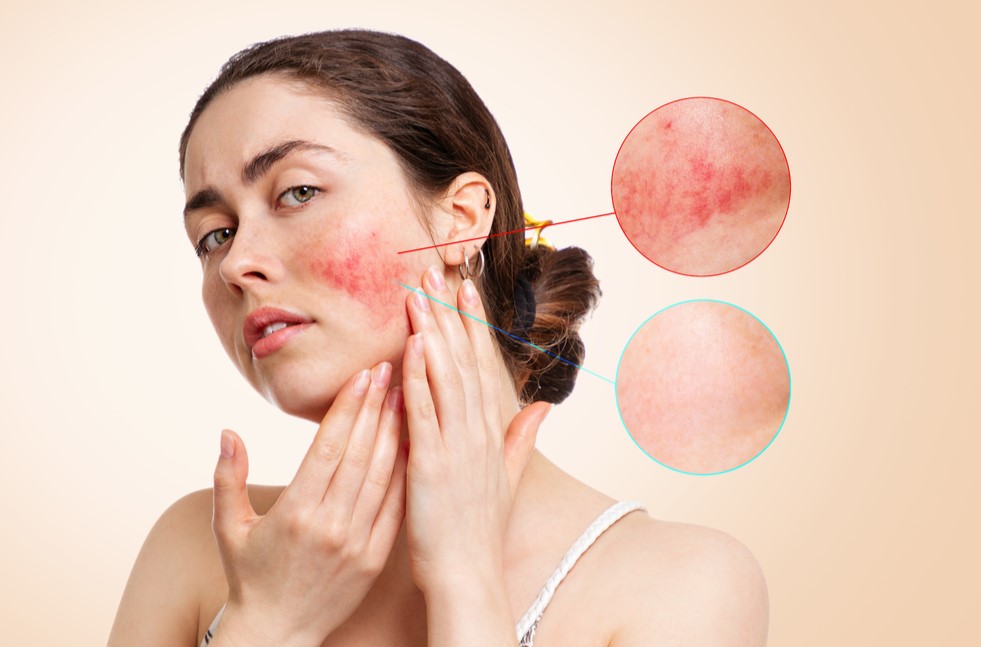
Sensitive skin doesn’t always come alone—it often pairs with conditions like acne, rosacea, or eczema. In these cases, products must do double duty: treat the concern without triggering a reaction.
Take eczema as an example. The skin barrier is already fragile, so treatments should be gentle yet effective. A specialized eczema cream can calm flare-ups and protect against new ones by restoring natural lipids.
For acne-prone, sensitive skin, the trick is to go low and slow:
- Mild acids like azelaic acid or low-percentage salicylic acid can help with breakouts without excessive peeling.
- Retinoids may still be possible, but start with the gentlest forms and only a few times per week.
The goal is not quick results but steady progress without unnecessary irritation.
Ingredients That Tend to Work Well
Not all skincare ingredients are equal in the eyes of sensitive skin. Some consistently soothe, hydrate, and support barrier repair. A few worth remembering:
- Aloe vera: Naturally calming, it reduces redness and irritation.
- Colloidal oatmeal: Creates a thin, protective film while easing itchiness.
- Niacinamide: Strengthens the skin barrier and reduces visible redness over time.
- Hyaluronic acid: A magnet for water, helping the skin stay plump without clogging pores.
- Ceramides: These lipids act as the “mortar” between your skin cells, keeping everything intact.
If your routine includes even one or two of these, you’re already giving your skin a head start toward resilience.
Ingredients and Habits to Approach Carefully
Marketing often pushes “active” skincare with strong acids or fragrant oils. For sensitive skin, these can do more harm than good. Here are a few things best left out:
- Harsh scrubs and strong exfoliants: While they promise glow, they often strip away your barrier.
- Fragrance and essential oils: Even “natural” ones can trigger reactions.
- Alcohol-based toners: They dry out skin quickly, leaving it vulnerable.
- Layering too many products: More isn’t better—complex routines usually mean more potential irritants.
If something stings or burns (outside of a prescribed treatment), that’s your body’s way of saying it’s not the right fit.
The Role of Patch Testing
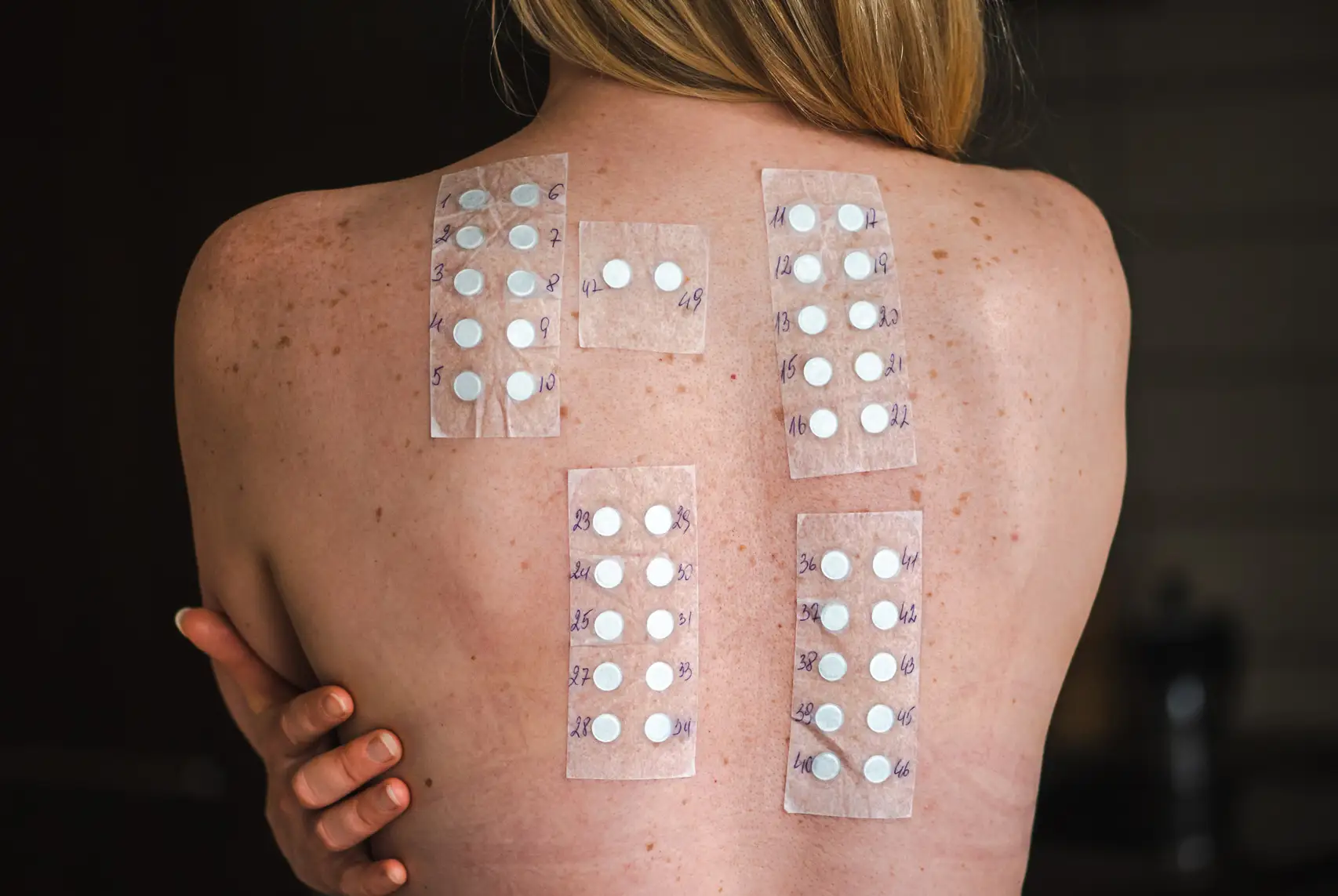
Introducing new skincare should be like introducing a new food to a child: one at a time, in small doses. Patch testing is the best way to avoid setbacks.
Apply a small amount of product on your inner arm or behind your ear and wait at least 24–48 hours. If your skin stays calm, it’s a good sign you can use it on your face.
It may feel slow, but those extra days save you from weeks of irritation. Patience really is the best skincare tool you can own.
A Sample Routine That Works
Once you’ve tested products and found what works, consistency is more important than variety. Here’s a simple blueprint:
- Morning: Cleanser → Moisturizer → Mineral sunscreen.
- Evening: Cleanser → Moisturizer.
- Optional: Add one targeted serum (like niacinamide or azelaic acid) at night, only after your skin has adapted.
This structure keeps your skin calm, while still leaving space to customize for personal concerns.
Lifestyle Matters Too
Skincare doesn’t stop at the bathroom shelf. What you eat, how you live, and even the air around you all influence how sensitive your skin feels.
- Diet: Omega-3-rich foods, colorful vegetables, and fewer processed sugars support skin health.
- Environment: A humidifier in dry seasons helps prevent flaking and irritation.
- Stress: High stress levels often show up as flare-ups. Activities like yoga, walks, or even deep breathing can help.
- Sleep: Your skin does most of its repair work at night, so prioritizing rest is essential.
Healthy routines inside and out make your products work more effectively.
Closing Thoughts
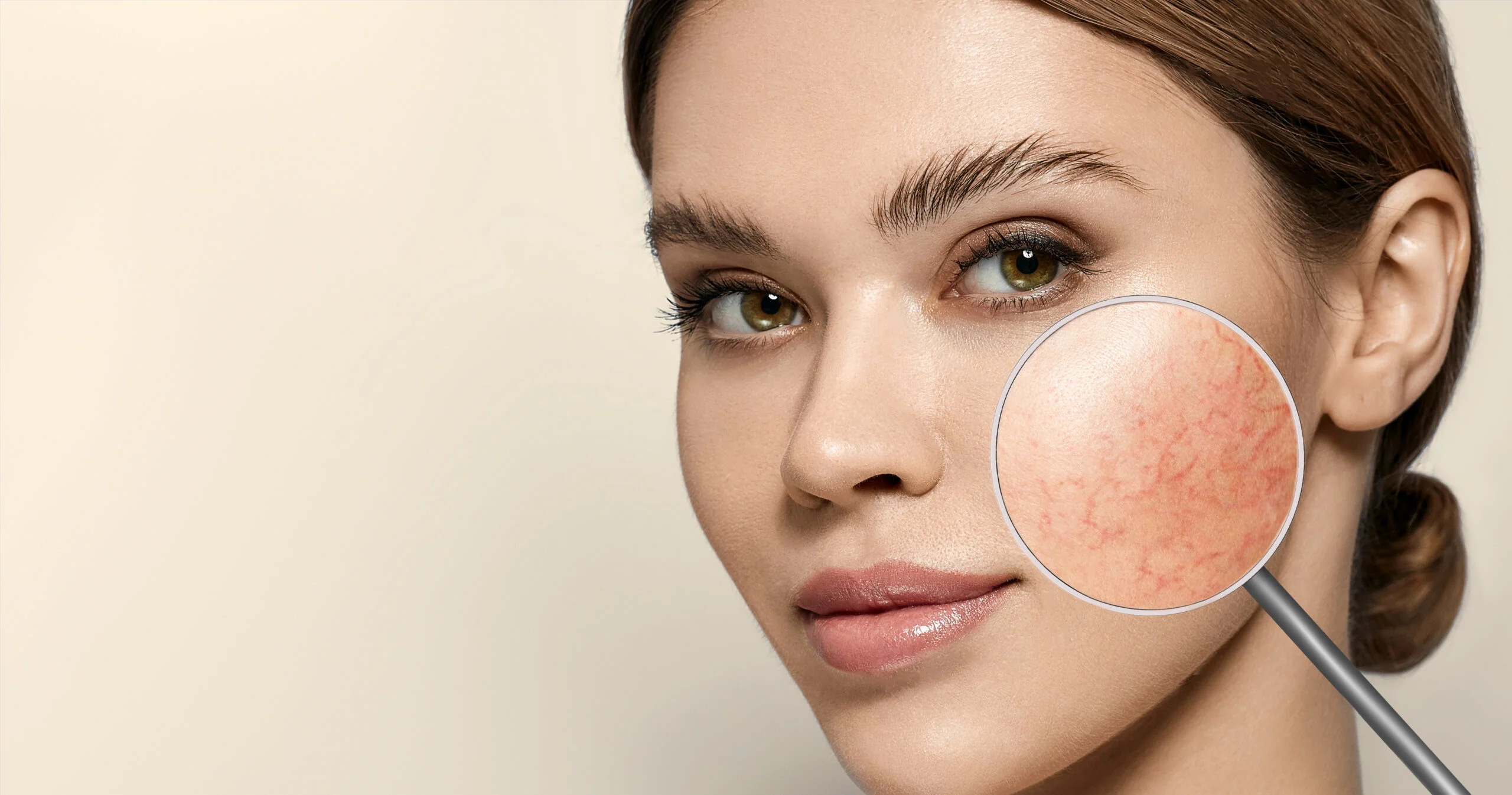
Sensitive skin demands respect. The safest, most effective skincare products are those that protect the barrier, calm irritation, and provide steady hydration. The combination of a gentle cleanser, nourishing moisturizer, and mineral sunscreen is a foundation you can always trust. From there, targeted treatments like eczema cream or niacinamide serums can be added carefully.
The key takeaway: consistency and caution win every time. When you build your routine with patience and awareness, sensitive skin can look and feel its best without the constant cycle of flare-ups.

